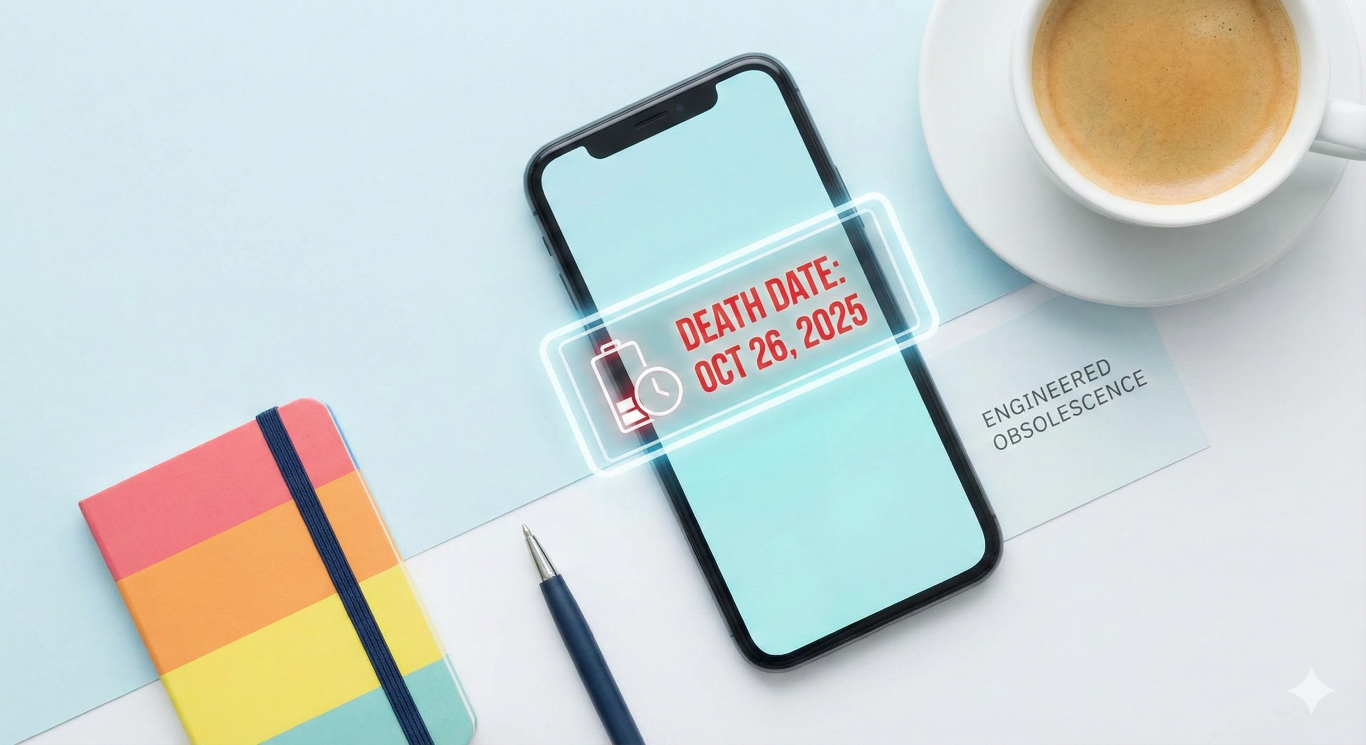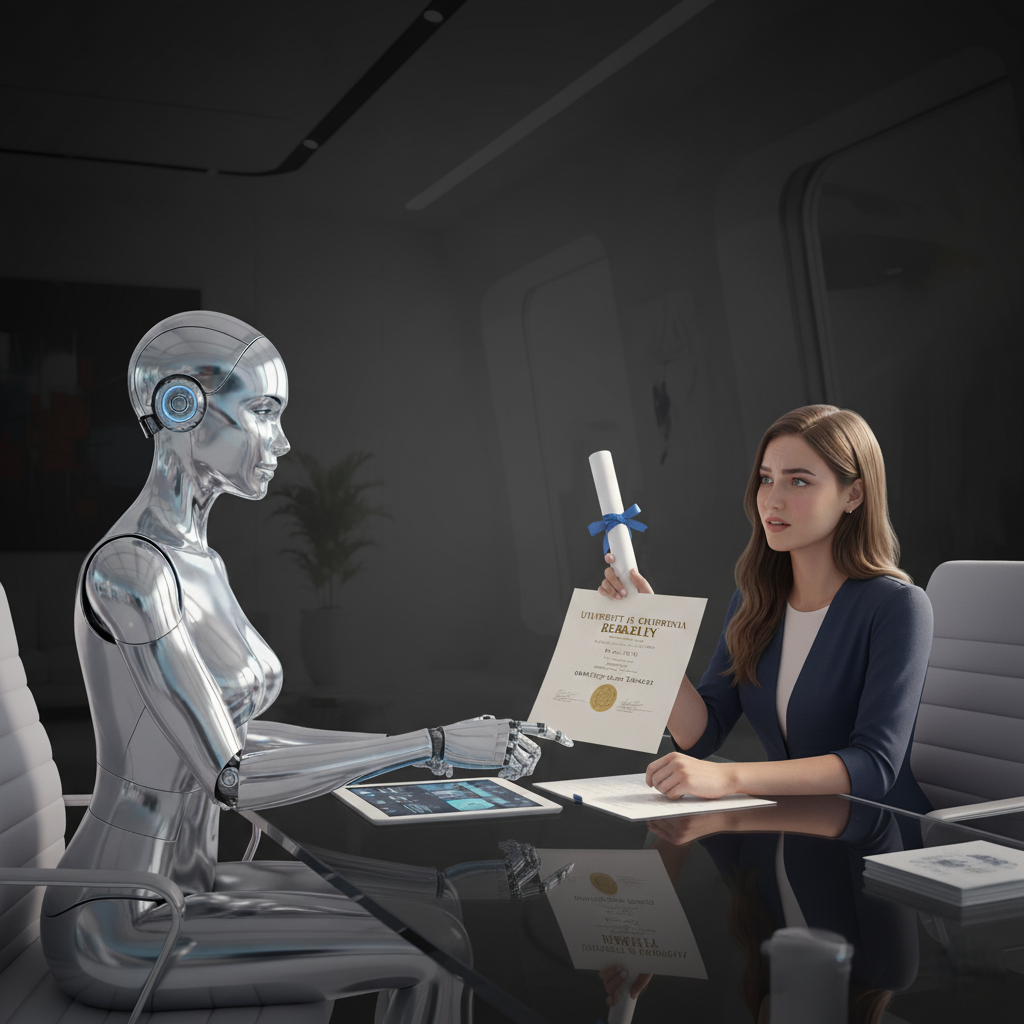Elon Musk’s brain-computer interface startup, Neuralink, has reportedly implanted its first brain chip in a human patient, marking a significant milestone in the company’s ambitious journey. The patient is said to be recovering well, with initial results showing promising neuron spike detection. This article delves into the details of this groundbreaking development and its potential implications.
Neuralink’s First Human Implant
The first human patient received the Neuralink implant on Sunday, January 28, 2024, and is reportedly recovering well. The implantation process involved a robot surgically placing a brain-computer interface (BCI) implant in a region of the brain that controls the intention to move. The implant’s “ultra-fine” threads help transmit signals in the participants’ brains, a critical feature for the technology’s functionality.
The U.S. Food and Drug Administration had given Neuralink clearance last year to conduct its first trial to test its implant on humans, a critical milestone in the startup’s ambitions to help patients overcome paralysis and a host of neurological conditions. The company’s initial goal is to enable people to control a computer cursor or keyboard using their thoughts alone.
The Neuralink Technology
Neuralink’s BCI technology is designed to help people with paralysis control technology devices such as computer cursors or keyboards and may have the potential to restore full body movement and other functions in the future. The N1 implant is cosmetically invisible once placed and uses 1,024 electrodes distributed across 64 threads, each thinner than a human hair, to record and transmit brain signals wirelessly to an app that decodes them.
The first product from Neuralink would be called Telepathy, Musk said in a separate post. Telepathy, he said, would enable “control of your phone or computer, and through them almost any device, just by thinking”. “Initial users will be those who have lost the use of their limbs,” he continued.
Challenges and Controversies
Despite the promising developments, Neuralink has faced calls for scrutiny regarding its safety protocols. The company was fined for violating U.S. Department of Transportation (DOT) rules regarding the movement of hazardous materials. Furthermore, four lawmakers in late November asked the U.S. Securities and Exchange Commission to investigate whether Musk had misled investors about the safety of its technology.
Conclusion
The successful implantation of Neuralink’s brain chip in a human patient marks a significant step forward in the field of brain-computer interfaces. However, the journey is far from over. As the technology continues to evolve, it will be crucial to address safety concerns and regulatory challenges. The potential of this technology to transform lives is immense, but it must be developed and implemented responsibly to ensure its benefits are realized without compromising patient safety.
Image Credit: Neuralink





